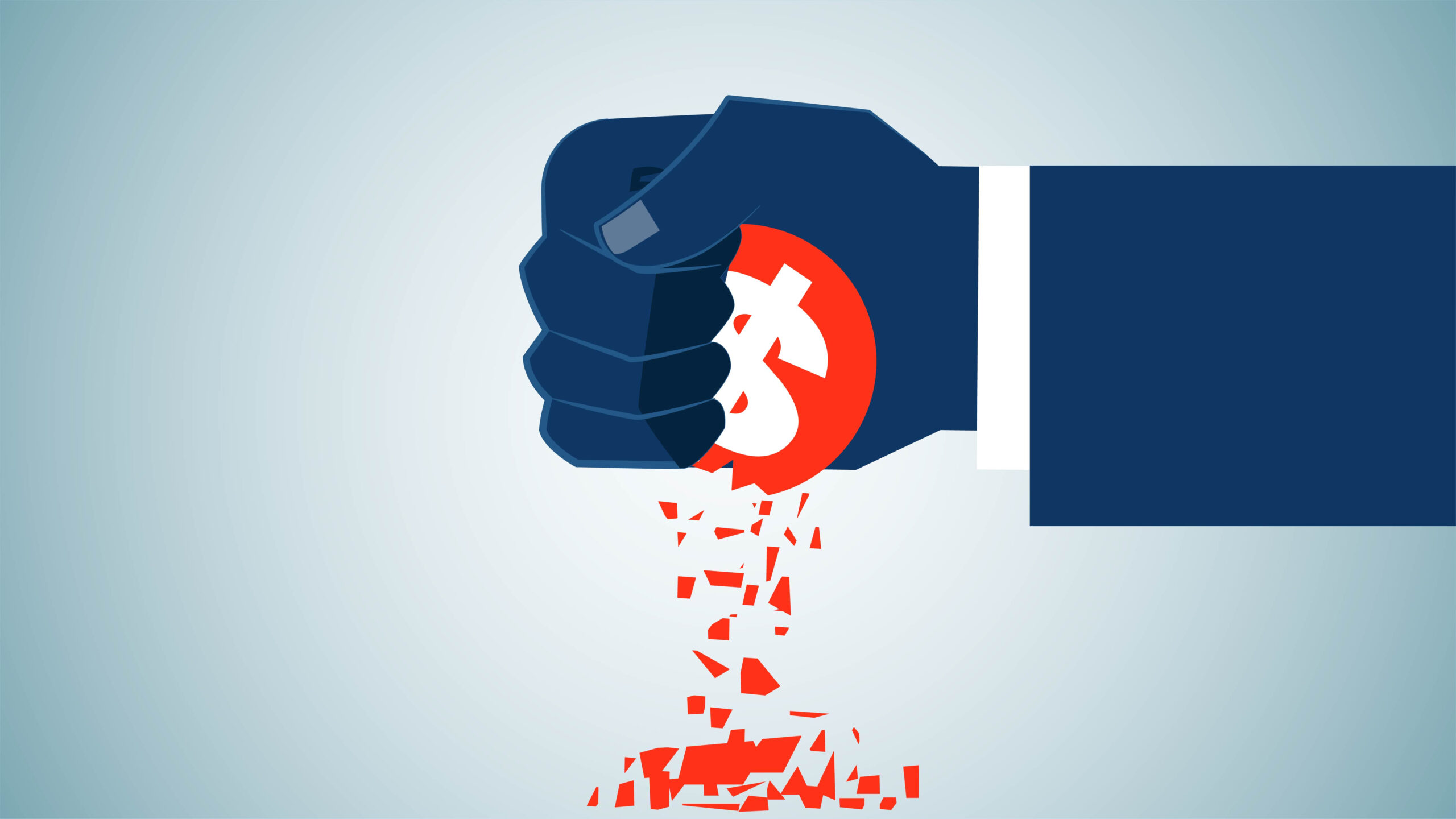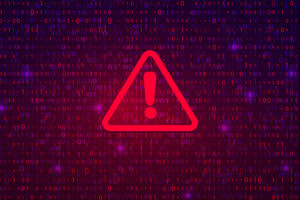
In recent years, the financial industry has faced numerous scandals that have raised eyebrows and highlighted the importance of transparency. One such incident was the recent TD Bank scandal, which brought to light significant lapses in due diligence and regulatory compliance. TD will pay $3 billion US Dollars to settle charges that it failed to properly monitor money laundering by drug cartels and suspicious business entities. This situation serves as a crucial reminder of the need for thorough “Know Your Client” (KYC) protocols and the role private investigators and business intelligence can play in ensuring that businesses conduct proper due diligence before entering any financial transactions or partnerships.
The TD Bank scandal primarily revolved around allegations of money laundering and inadequate oversight of certain accounts. Reports indicated that the bank failed to properly vet clients and monitor suspicious activities, allowing illicit funds to flow through its system. This negligence not only put the bank’s reputation on the line but also raised concerns about the broader implications for the financial system. As a result, many organisations began to question their own KYC practices, recognising that lax standards could expose them to legal and financial risks.

In the wake of such scandals, the importance of hiring private investigators cannot be overstated. These professionals specialise in business intelligence by conducting thorough background checks, financial investigations, and risk assessments. By leveraging their expertise, businesses can gain valuable insights into potential partners or clients, ensuring they are making informed decisions. Private investigators can uncover hidden risks, such as past legal issues or fraudulent activities, that could jeopardise a company’s integrity and future.
Furthermore, due diligence is not just about avoiding negative outcomes; it’s also about fostering trust and building solid business relationships. A comprehensive KYC process helps companies understand the entities they are dealing with, establishing a foundation of transparency and accountability. When businesses invest in thorough due diligence, they signal to their partners and clients that they prioritise ethical practices and compliance with regulatory standards.
Ultimately, the TD Bank scandal underscores a broader issue within the financial industry and highlights the need for businesses to prioritise due diligence and KYC processes. Engaging private investigators as part of this effort can help organisations navigate the complexities of modern business transactions, protecting themselves from potential pitfalls. As the financial landscape continues to evolve, the commitment to due diligence will remain a critical factor in fostering a safer and more trustworthy business environment.


